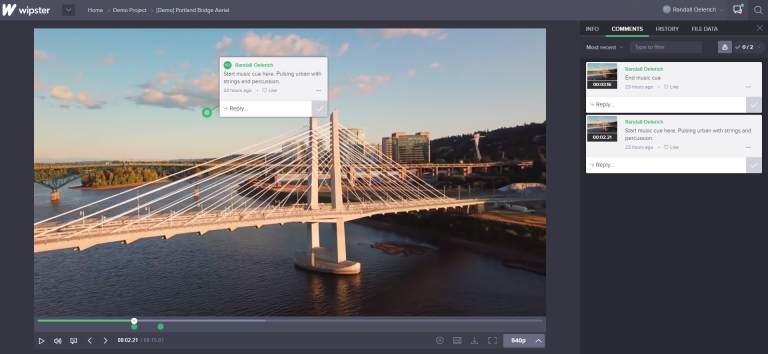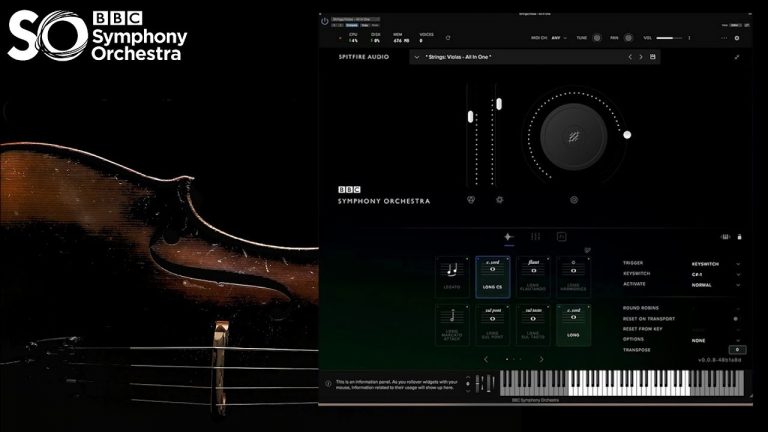
Q: What type of music do you compose?
A: Film music is my favorite music genre, but I also compose music in the classical style, ambient chill music, and more.
Q: Do you have any experience scoring music to film / tv scenes?
A: Yes. I scored many film scenes as part of my weekly assignments in my film scoring classes at Berklee College of Music. I composed music to deleted scenes from Ironman, Troy, Robin Hood (Russel Crowe), Pride and Prejudice, 2012, Asylum (horror film), Once Upon a Time (TV series), Atlantis (Disney animated film), and others. A demo reel of excerpts from these composing projects are here on the Home page.
Q: Where are you located? And how would we collaborate at a distance?
A: I currently reside in Duluth, Minnesota USA, part of the Arrowhead Region of northern Minnesota. I work out of my home, using my home studio. For spotting a film or other media project (spotting = discussing where music begins and ends in film/media shots and scenes, where the music ends, the type of music desired) there are free cloud based collaboration tools for this such as wipster.io where a director and composer can spot a film online, insert notes and comments, and more. For composing, the composer really only needs a proxy lower resolution film clip(s) than the original footage which is probably 2k, 4k, 6k, or even 8k, so it is possible to compose music for lower resolution scene clips and then share them for critique using Vimeo etc. Ultimately the music is exported by me and provided to the Director of a film, in an agreed upon format such as 16-bit or 24-bit .wav or some other lossless audio format.

Q: What do you charge? Is it expensive to hire a film composer?
A: Right now I am looking to score a few short films to gain IMDb credits, so if your short film is under 10 minutes and you will have a movie ‘poster’ image on IMDb and will credit me as the sole composer for your film, I will score your short film for 5% of your production budget (even if that means I get $5 of a hundred dollar film budget, $50 for a $1000 short film budget, $500 for a $10,000 film budget). I compose because I like composing and I like film music; but at least a fair amount on no-budget short films provides a level of respect towards the composer. For big budget Hollywood films, 1% of the budget typically goes towards the music, but at that level of film budget at least the composer gets paid an amount that makes for a living wage.
Q: At what step in the film production process do you compose the music?
A: As soon as there is a screenplay, providing that to the composer can be very useful so the composer can get a feel for the genre, instruments to use, help communicate about the tone of the desired soundtrack music. Then, normally the Director or Producer provides the finished film, without music, to the composer. The Director of the film and the Composer work as a team to spot the film, that is determine where music should begin and end, what style of music should happen at each point (spot) such as sad, action, scary and so on, and how much music total will need to be in the film. The ‘finished film’ should be a lock in terms of editing, dialog, titles, end credits, and sound effects. Color grading could still be done after or simultaneous with soundtrack composing, but all other elements need to be complete (‘locked’) before handing over the film to the composer. The composer of course will sign a non-disclosure agreement, agreeing to keep the film footage provided private. Film footage provided to the composer does not need to be in high definition, a smaller resolution (SD or even half-SD) is adequate to use as proxy footage for purposes of composing music to the picture (film).
Q: Will my film budget need to include money to hire musicians such as a small orchestra to record composed music?
A: No. I compose using sample libraries, like you hear on my music; sample libraries are notes played by actual musicians, recorded at all possible note lengths and playing methods, so a digital composer can create very realistic sounding compositions without the need to hire actual musicians and pay for use of a recording stage for real players. I own and use sample libraries from spitfireaudio.com, heavyocity.com, native-instruments.com; including orchestral libraries, pianos, synthesizers, and other useful sounds.
Q: Who owns the composed music when a score is composed for a film?
A: For boxoffice films, the studio typically owns the music. Anything is negotiable. For no or low budget shorts and indies, the composer will likely retain owership of the composed music because of the poor pay given to the composer compared to large budget films. It is a negotiable area between the film production company and the film composer.
Q: Isn’t it just easier for me as a filmmaker to just pay to rent ‘canned’ stock music, rather than deal with a composer?
A: That is certainly one way to go. However your film would then be using music that will likely be in other films, TV commercials, and such, and it will be much harder to match the music to picture. But having original music composed for your film, the music will be scored to picture, with music elements matching hit points (important frames) in the film, and the music will be original. Click here to read six reasons why using canned music for a film is a bad idea.
Q: Does the Director have any say in the music for the film score?
A: Yes, the film director almost always has final say in all the creative aspects of a film including the music. As a composer, I would encourage and welcome input and approval from the Director and Producer on the composed music. In fact it would be quite helpful if the Director/Producer would communicate to the composer the style of music desired, including examples (‘temp tracks’) from other films; then as a composer I can better emulate the type of music desired for the film. Providing temp tracks (temporary tracks) to the composer is common and helpful (even John Williams was asked to emulate the music for Star Wars, from Eric Korngold’s ‘Kings Row’).
Q: I am ready to proceed, what do I do next?
A: Contact me using the contact form. What is the length or anticipated length of your film? What is your or your production company IMDb page url link? What is your film’s budget? What stage are you at in filming (pre-production? filming? post-production?), when do you anticipate needing music for your film? What is the genre of your film? Where is your film company located?
